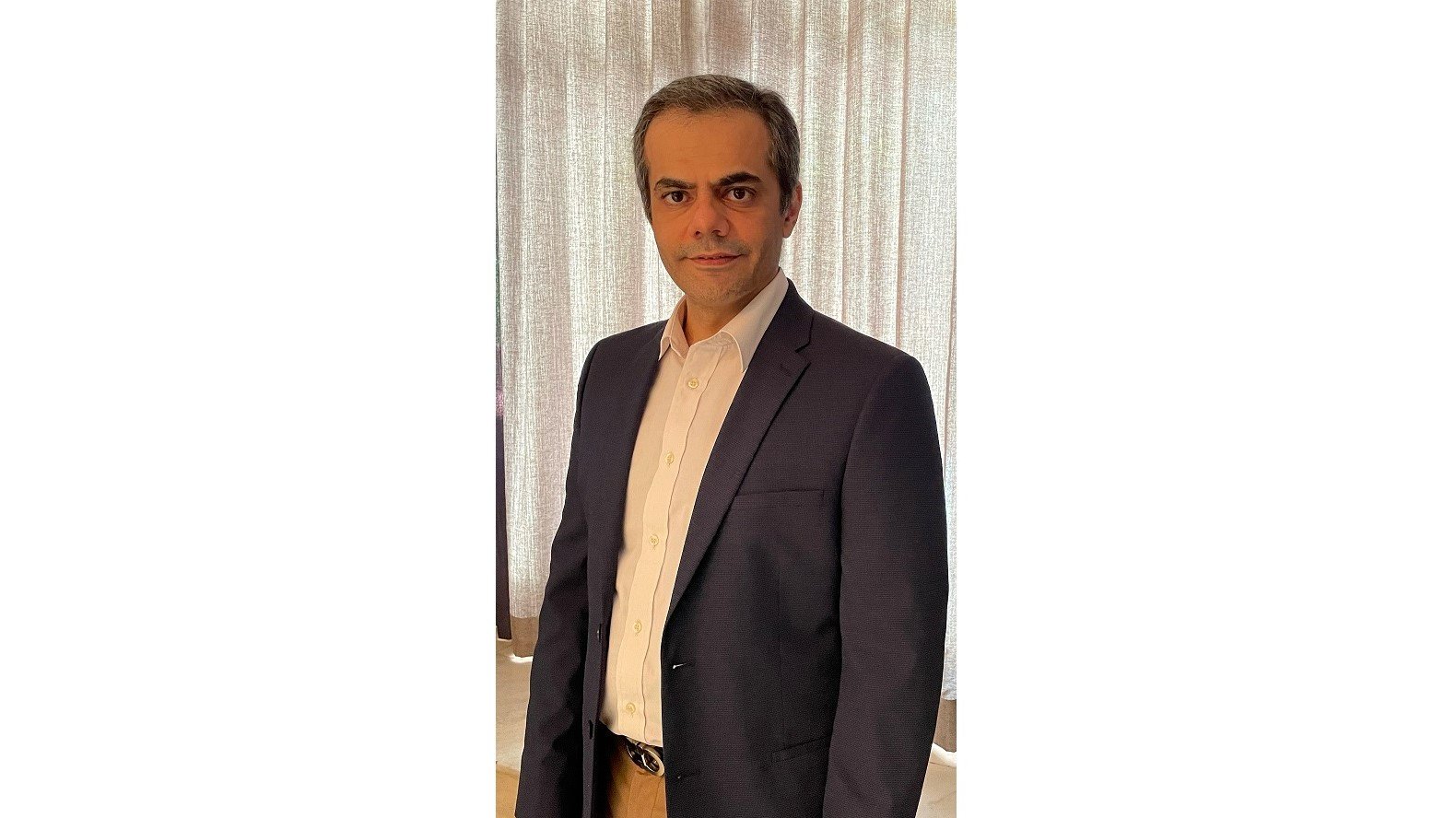We had a chance to have a conversation with Mr. Nikhil, Co-Founder & CEO of Fitza. You can read the whole conversation here in this article.
Nikhil is the Co-founder and CEO at Fitza, in addition to managing his family business, Conventions & Fairs (India) Pvt Ltd. Fitza is a Mobile-first, Digital Nutrition and Wellness Coach blending Technology (Artificial Intelligence) and Naturopathy (Ancient Wisdom) to deliver integrated solutions around personalized nutrition, self-improvement, immunity building, and chronic ailment.
Fitza’s ultimate goal is to offer less expensive care with higher quality services. The digital experience platform enables people to thrive by engaging them in holistic well-being resulting in a healthier, happier, and more productive life thereby creating a path to prosperity.
1. How did AI Fitness Apps gain a huge portion of the Applications market during the pandemic?
Primarily, AI Fitness Apps have proliferated their way into the Applications market because of an increase in their demand. Because of the lockdowns, people were confined to their homes and had a lot of free time on their hands. Working professionals especially did not have to spend hours and hours working or commuting to work, and their excuses for not staying fit were lessened. A lot of people, therefore, wanted to use this opportunity to focus on their fitness and started working out, and started signing up with these apps. Naturally, eating healthy, home-cooked food has also become the norm again, and started using apps to track their diets. Moreover, the pandemic has shifted people’s priorities and made them want to look after their health before anything else. There has also been a newfound awareness of mental health issues, so people started turning to AI apps to give them the right tools to improve their mental health amidst the stress induced by the pandemic. I would say that this pandemic has been a blessing in disguise for the AI Fitness Apps industry.
2. Are online wellness applications proving to be beneficial to the community to address chronic health?
Nowadays, disease treatment does not aim at just lessening the symptoms, but rather focuses on proactive preventive care. New technologies like AI can provide an accurate diagnosis and treatments from patient data more quickly and successfully than standard medical procedures, and patients can intervene at an early stage to curtail the spread of diseases. With AI apps, patients can get personalized and holistic treatment and management measures from the comfort of their own homes, and cut down significantly on hospital expenses. Data analytics, automated chat boxes, and virtual assistants can help patients track their progress, monitor their health, and provide them with the guidance and tips they need to manage their ailments.
3. What is the biggest challenge faced while generating AI-based holistic nutrition and wellness care application?
When we set out to develop an AI-based wellness app, we were not just dealing with tech- we were also dealing with the human psyche. It was extremely important to understand patients’ needs before wanting to cater to them. Because Fitza focuses heavily on holistic wellbeing through simple lifestyle changes, it was equally important to inspire that change in your users.
Building an app is an ordeal in itself, and ensuring that it has a user experience human enough to inspire lifestyle changes and hook your patients to wellness is a real challenge. We needed to ensure that it is convenient for our users to make these lifestyle changes. It was also important that we make more people aware of these lifestyle changes, and that we remain affordable and accessible to the general public.
It is also important to understand that there are no standardized procedures in wellness and nutrition, and what works differs from person to person. Creating a platform that provides personalized care for each user is certainly a challenge.
We want to provide our patient’s wellness that is more than just physical fitness and help them improve their mental and spiritual fortitude as well. These three are extremely diverse areas, though being interconnected. Integrating these three aspects into one holistic solution requires expertise and unity of direction.
To build people’s trust in your app, they need to realize that it delivers results. Establishing this credibility while there is not much research on wellness, becomes difficult. Moreover, the nature of personalized wellness is such that demonstrating any evidence of making a significant impact becomes extremely tricky.
4. What could be the future of AI-based applications focused on the Transformative Tech market especially in a country like India?
AI may be at a very nascent stage in India, but it is showing immense promise. We have seen a rise in the popularity of wearables and fitness trackers in recent times. We have AI applications for everything from workout routines to diet plans, and even for meditation and mental health. People have also started taking their mental and spiritual health very seriously off late. It is only a matter of time until these paths intersect. It would be an understatement if I said that I am extremely optimistic about AI and Transformative Tech in India!
5. Are Wellness applications moving the evidence needle?
Like I’ve said earlier, there is not enough research or studies being conducted on wellness to move the evidence needle. Wellness and holistic treatments have the potential of transforming healthcare, so I hope there’s more research and study put into it.
We thank Mr. Nikhil for taking the time out to answer our questions!





